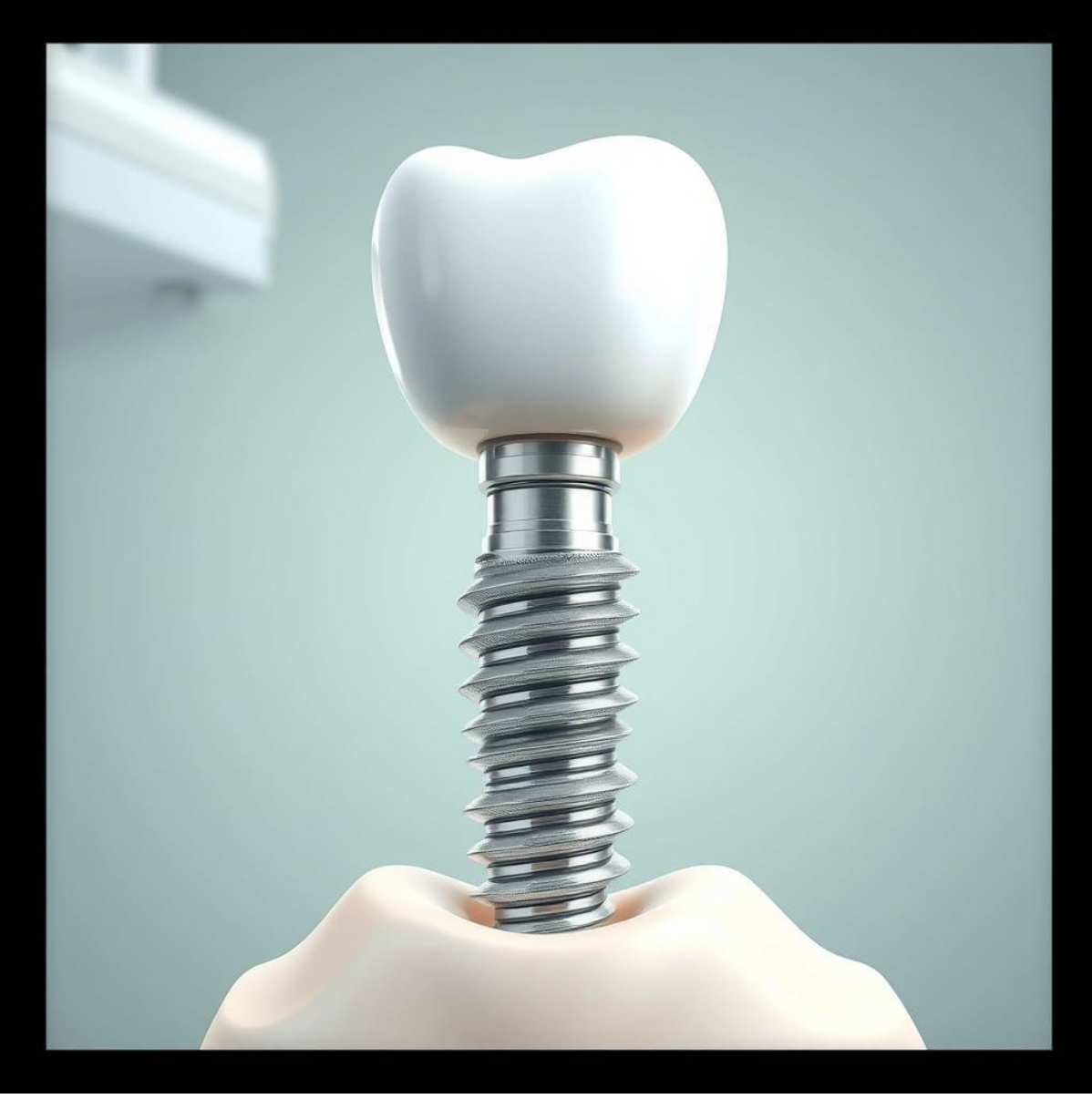
Dental implants represent a highly efficacious and durable modality for the replacement of absent dentition. They provide both functional and aesthetic benefits, improving a person’s ability to chew, speak, and smile confidently. Unlike dentures or bridges, dental implants are fixed into the jawbone, making them a permanent and stable option. Their durability and natural appearance make them an ideal choice for people looking for a long-term solution.
One of the main advantages of dental implants is their durability. They are designed to last for many years, offering a long-term solution compared to other tooth replacement options. Whether you need a single implant or a full-mouth restoration, a Georgetown dental implant specialist can help ensure a successful and lasting result. While dentures and bridges may require frequent replacements or adjustments, dental implants remain strong and functional for decades with proper care.
Dental implants have an impressive lifespan, ranging from 10 to 30 years, and in many cases, they can last a lifetime. Their longevity depends on several factors, including oral hygiene, lifestyle habits, and the quality of the implant procedure. With proper care, dental implants can be a one-time investment for a lifetime of healthy and functional teeth.
Dental implants are known for their strength and durability due to their unique structure and integration process.
While the titanium post of a dental implant can last a lifetime, the crown (the visible part of the implant) typically needs to be replaced every 10 to 15 years. The crown is subject to daily wear from chewing, grinding, and biting, which can cause it to wear down over time. Fortunately, replacing the crown is a simple procedure compared to replacing the entire implant.
Although crown replacement is necessary after a certain period, it is more cost-effective than replacing the entire implant. Since the titanium post remains intact, patients only need to invest in a new crown, making dental implants a financially viable long-term solution.
To ensure dental implants last as long as possible, it is important to follow good oral hygiene practices and make healthy lifestyle choices.
When considering dental implants, choosing a skilled and experienced dentist is crucial. Poorly placed implants can lead to complications, reducing their lifespan.
Dental implants represent a dependable and durable approach to tooth replacement. Their durability, natural appearance, and ability to preserve jawbone health make them a superior choice over traditional options like dentures and bridges. By maintaining good oral hygiene, visiting the dentist regularly, and making healthy lifestyle choices, patients can ensure their dental implants last a lifetime. Investing in dental implants is not just about replacing a missing tooth—it’s about securing a lifetime of confident smiles and excellent oral health.